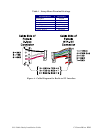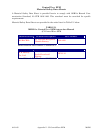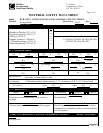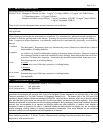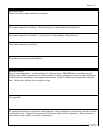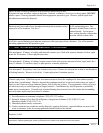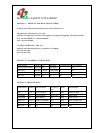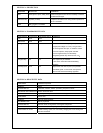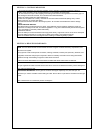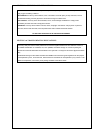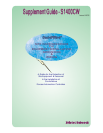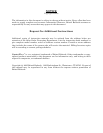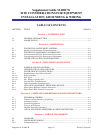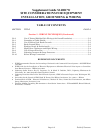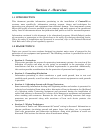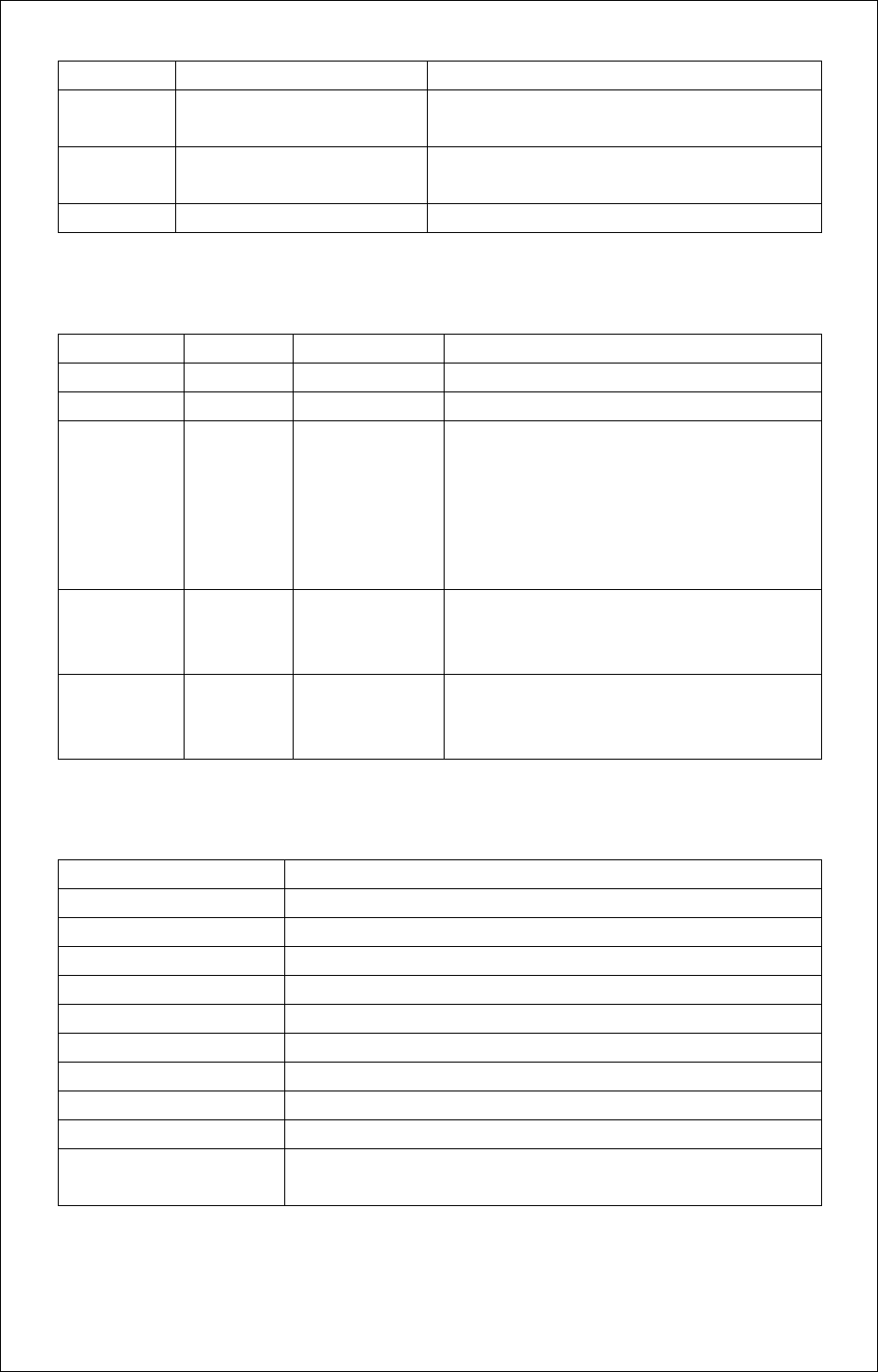
SECTION 4: PROTECTION
EXPOSURE PROTECTION COMMENTS
SKIN Rubber gloves, Apron, Safety shoes Protective equipment must be worn if battery is cracked
or otherwise damaged.
RESPIRATORY Respirator (for lead) A respirator should be worn during reclaim operations if
the TLV exceeded.
EYES Safety goggles, Face Shield
SECTION 5: FLAMMABILITY DATA
COMPONENTS FLASHPOINT EXPLOSIVE LIMITS COMMENTS
Lead None None
Sulfuric Acid None None
Hydrogen 259* 4% - 74.2% Sealed batteries can emit hydrogen only if over
charged (float voltage> 2.4 VPC). The gas enters
the air through the vent caps. To avoid the chance
of a fire or explosion, keep sparks and other
sources of ignition away from the battery.
Extinguishing Media: Dry chemical, foam, CO
2
Fiberglass Sep. N/A N/A Toxic vapors may be released.
In case of fire: wear self-contained breathing
apparatus.
478 Polystyrene None N/A Temperatures over 300 °C (572°F) may release
combustible gases. In case of fire: wear positive
pressure self-contained breathing apparatus.
SECTION 6: REACTIVITY DATA
COMPONENT Lead/lead compounds
STABILITY Stable
INCOMPATIBILITY Potassium, carbides, sulfides, peroxides, phosphorus, sulfurs.
DECOMPOSITION PRODUCTS Oxides of lead and sulfur.
CONDITIONS TO AVOID High temperature, Sparks and other sources of ignition.
COMPONENT Sulfuric Acid
STABILITY Stable at all temperatures
POLYMERIZATION Will not polymerize
INCOMPATIBILITY Reactive metals, strong bases, most organic compounds
DECOMPOSITION PRODUCTS Sulfuric dioxide, trioxide, hydrogen sulfide, hydrogen
CONDITIONS TO AVOID Prohibit smoking, sparks, etc. from battery charging area. Avoid mixing acid
with other chemicals.



